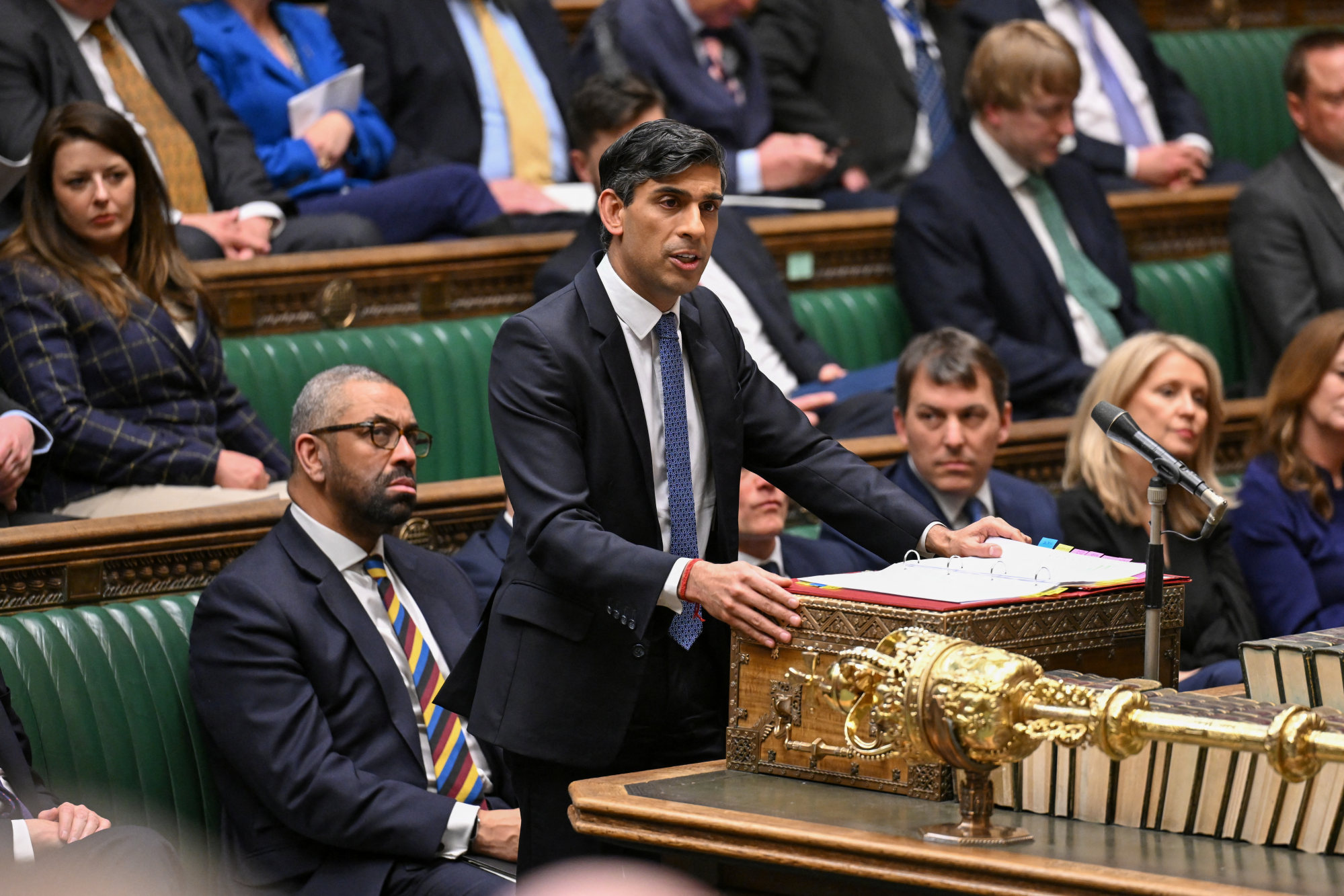In assessing the status quo, the chances of the West maintaining its role in the world, regardless of the challenges posed by external factors, do not look bright. This is not because the West will struggle to compete with China and other rising actors in terms of economic, military or soft power, but due to its failure to tackle internal political, cultural and generational struggles.
The primary case study for this is the United States. Its political system is essentially broken. An unprecedented degree of tribalism has paralysed the legislative branch, Congress, on too many occasions. The Supreme Court’s approval rating continues to slump. According to a recent FiveThirtyEight poll, only 34.9 per cent of Americans approve of the nation’s highest court, suggesting an overall loss of trust in the court system.

Germany, Europe’s de facto leader, had the weakest economic performance among its large euro zone peers last year, dampened by high energy costs, feeble global orders and record-high interest rates. Long-term structural issues related to Germany’s workforce and infrastructure have still not been solved.
So many people have an extreme viewpoint and are incapable of even considering the arguments of the other side, regardless of their merits. The extreme polarisation and accompanying violent language that has characterised social media for years has spilled over into the offline world.
Now, student protests are not a new phenomenon. In the 1960s, American students protested against social injustices, such as the appalling treatment of African-Americans and the Vietnam war. But unlike in the 60s, today’s protests aren’t a contest of ideas. There is no debate to be had.
Campus environments have de facto become unsafe for Jewish students. Various reports suggest that Jewish students have been deliberately targeted. Several universities have decided to cancel their main graduation ceremonies.
These developments sound even more worrying on a macro level. Universities are supposed to be the most liberal of spaces where free thinking and the exchange of ideas not only occur but are encouraged. It seems like that’s no longer the case.
These students are fortunately a minority, but a loud one. What does it say about Western societies if a group of young people side with Hamas while pushing for Marxism – especially when it has been capitalism and democracy that allows them to pursue their dreams and to voice their opinions in the first place?
There is no easy fix for these issues, and perhaps none at all, as this clash between cultures and the battle between generations will only continue.
But if people standing with Hamas are supposed to be the future and to usher Western nations into the next century, we cannot win the challenges of the future. This requires overcoming internal struggles first. But we are utterly failing right now.
Thomas O. Falk is a journalist and political analyst who writes about German, British, and US politics


